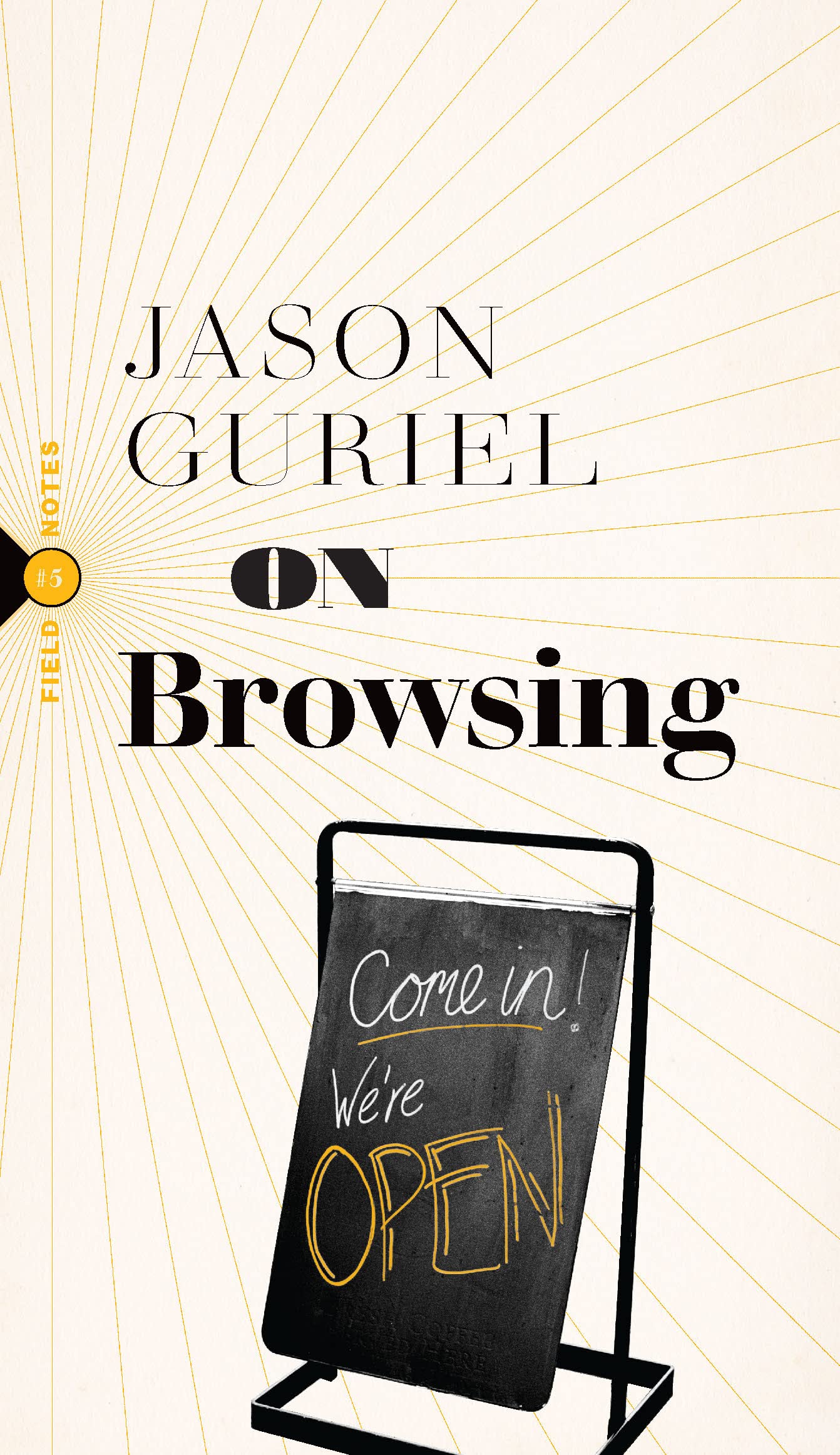What do you think?
Rate this book


106 pages, Kindle Edition
First published October 4, 2022
‘Many albums and movies can’t be streamed and lie stranded in physical formats, in the tar pit of the past. Hyperlinks to pieces I wrote only a few years ago have already rotted like rope bridges.’
‘It took effort to cultivate our enthusiasms in a desert, but it’s clear now that we took the desert’s role for granted. Knowledge tends to stick when you’ve toiled for it.’
’the Age of Browsing encouraged second chances. Owning physical media forced you to reckon with it, to rewatch it, to appreciate it. (Maybe you sometimes tried too hard to appreciate something, but there are worse sins.) We steeped ourselves in stuff, and the stuff would start to sink in. Art has always required second—and third and fourth—chances to saturate the mind.’
‘To dwell on a single poem, to the exclusion of others, isn’t just okay; it’s a function of devotion. To cling to a work of art—to revisit it, to steep yourself in it—is to approach the state of prayer. It’s to open your mind to the possibility of being tinted. Of being transformed. Streaming platforms, on the other hand, flood the mind. They set it afloat and bear it away—on to the next novelty. They promise abundance but deliver a deluge.’